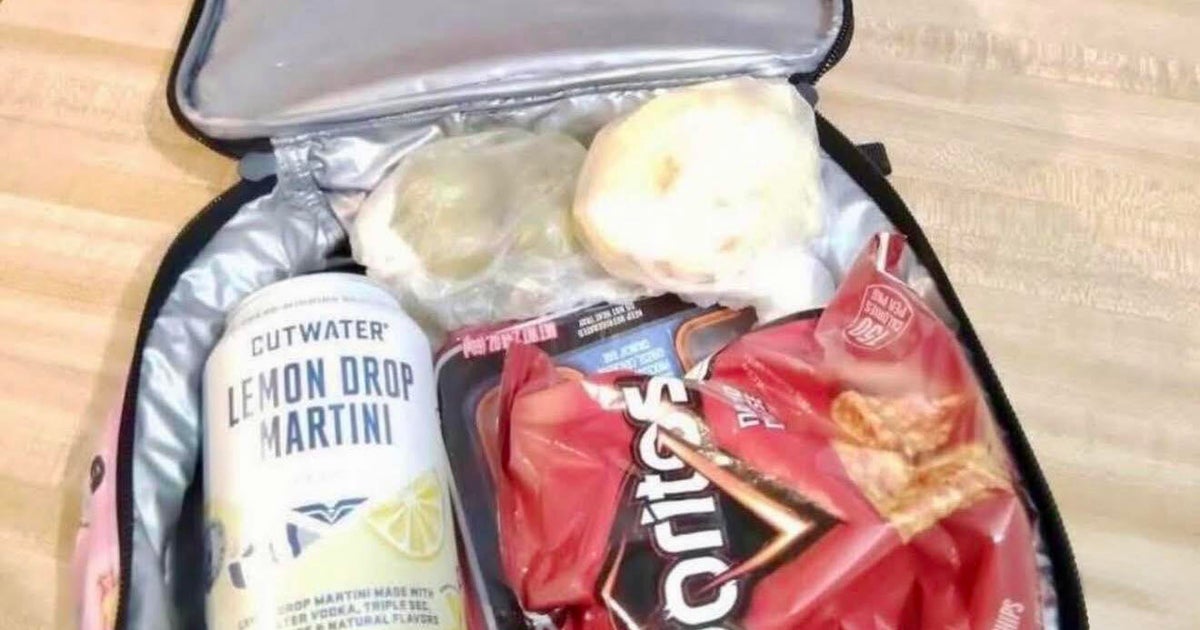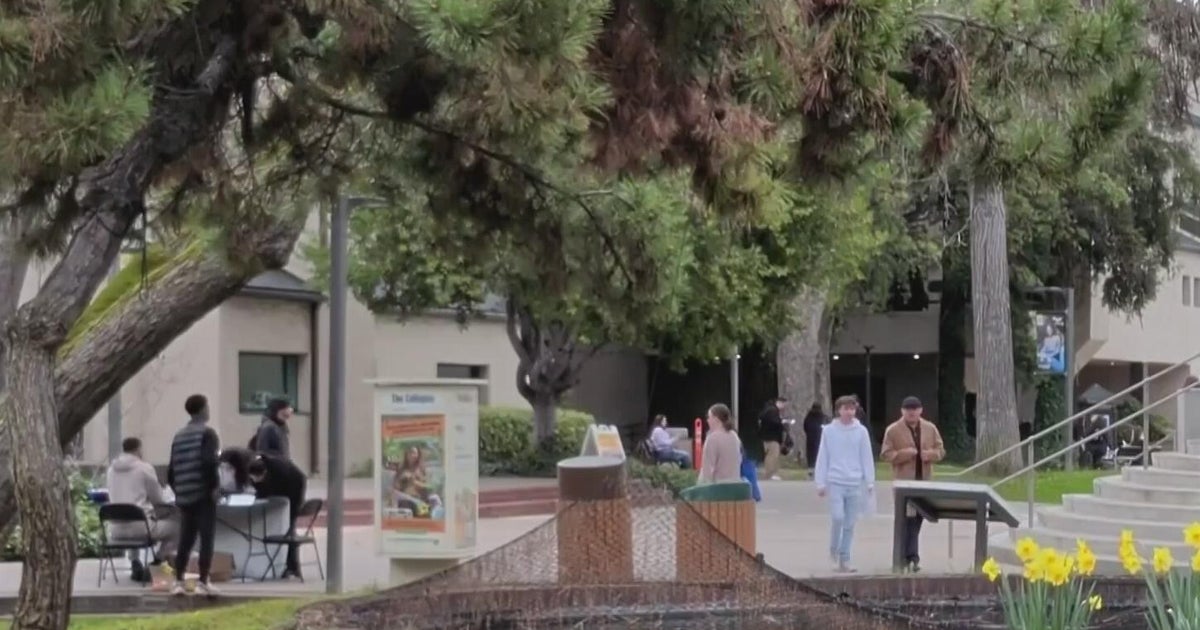Parents Battle 'Huge Pressure' Of Enforcing Education, Screen Time Limits For Kids During Coronavirus Quarantine
(CBS Local) -- Many parents were already struggling to limit screen time for kids when the COVID-19 pandemic hit.
But as stay-in-place orders to contain the spread of the coronavirus keep some 55 million schoolchildren at home, restricted screen time is becoming a thing of the past.
While parents may have temporarily lost the battle of screen time, they can still set limits, says Darby Saxbe, Ph.D, an associate professor of psychology at the University of Southern California, and Deborah Stipek, Ph.D., a professor of education and a former dean of the Graduate School of Education at Stanford University.
Saxbe and Stipek shared their thoughts and concerns with CBS Local:
CBS Local: This is obviously an unprecedented period of time for parents. What's happening now is something likely most moms and dads never prepared for nor even thought about. What are your biggest concerns for families moving forward? Will families benefit from this experience in the long run?
Darby Saxbe: I think families are going to have very different experiences depending on where they fall along the socioeconomic spectrum -- in families where parents have secure jobs that can easily be done from home, you'll see very different outcomes from families where both parents lose their jobs, or need to continue working outside the home. I worry about this situation exacerbating pre-existing risks due to stress, poverty, and employment instability. Also, families with domestic violence or child maltreatment might have more problems due to being confined together.
For families that are already functioning well, this situation might have some silver linings, such as more time together and a more relaxed pace of daily life.
CBS: Parents are facing enough stress just from working remotely to taking care of finances to keeping the pantry filled right now -- but adding homeschooling and being on parent duty during hours they usually aren't adds an even greater layer. How important is it for moms and dads to be present for their kids right now and nurture their emotions and needs?
Saxbe: I think parents just need to do the best they can. No one is going to be winning parenting awards or work awards right now. Parents need to lower their expectations, and employers also need to lower expectations for their employees. Parents can drop some of their standards regarding schooling and housework and just do their best to be calm and emotionally available to their kids.
In terms of screen time and socializing, we all know this situation isn't totally ideal for kids -- they do better when they get to play with other kids and spend time outside. But this situation is temporary, and kids can get back into their typical routines once the quarantine is lifted.
CBS: What are the consequences of kids being ignored or having their parents' stress projected onto them?
Deborah Stipek: We know that parent stress affects children. They sense it. It can lead to children acting out more, which exacerbates the stress on parents, which can spiral into a bad situation for both children and parents. Its not easy, but parents need to do the best they can to be fully attentive to their children when they are with them, and to hold back impulses to "lose it" with them. Count to 10, leave the room for a few minutes, do what you need to do to be able to present yourself as calm, caring, and attentive to their needs.
CBS: How detrimental to child development is the loss of a daily classroom education and socialization with their classmates for such a long period of time?
Stipek: It's not good, but the inability to socialize with classmates for a few months should not have long-term effects. Missing classroom education depends a lot on what is substituted. Many schools are providing on-line instruction and work for children to do. It's not ideal, but if children "attend" and do the work, they shouldn't get too far behind.
The problem is that many children who are not sufficiently mature or motivated will not show up and do the work – putting huge pressure on parents to be the enforcer. How well this works in each family will have significant implications for how much academic ground children lose. There are some tips for doing this that many schools are sharing with parents, such as creating a space for school work and sticking with a schedule. Most children need structure, and one danger of this situation is that they don't have it. Parents need to do the best they can to create it at home.
CBS: What are your concerns about children and too much screen time right now? Could kids having the iPad and TV remote in their hands more than ever before lead to a much larger generation of young screen zombies when this is all said and done?
Stipek: If the option of additional play screen time and TV is huge conflict, I would give (somewhat) on the screen time. But as much as possible direct children to educational apps and programs. There are many, and some can be quite engaging. What they are doing on the screen is as important as how much time they are spending on it. But there should also be clear limits. If typically the limit is one hour – maybe double it for the current circumstances.
CBS: What are the most important tools or tips parents can employ to better serve their kids for this indefinite period of time?
Stipek:
1. Create structures/schedules.
2. Have clear guidelines – for children who don't need constant supervision, the times that you are available to help them or play with them.
3. If weather permits, make sure they get some outside time with lot of exercise.
4. Use daily activities as opportunities to engage your children in fun and educational activities – do math while baking muffins; garden together, maybe even do a little science experiment (let's plant this in the sun and this in the shade and see what grows the tallest); read signs while you are on walks; clean out the garage and see what interesting things you find); sing a song while you clean the house together.
5. Make sure that some quality time is spent every day with your kids – playing a game or doing something fun when you are paying close attention to them. In situations like what we have now conflict can become the primary mode of interaction. It will probably happen, but make sure it is offset with some close, conflict-free time.
6. Take care of yourselves to manage your stress – you won't have much time and many won't have many resources, but cooking your favorite meal or taking a walk or watching a favorite TV program after the kids go to bed [can help].







